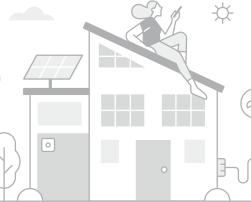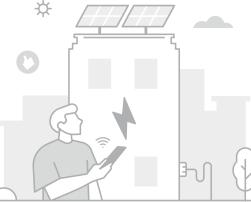This webinar will present the findings of the Flemish project ReCOver++, conducted by KU Leuven, Ghent University, Renson, Archipelago, and Arcadis Belgium. We will introduce a novel indicator for assessing the resilience of buildings and discuss an adapted workflow for designing buildings and sizing systems to ensure their resilience to overheating.
Indoor Environmental Quality
Indoor Environmental Quality

This webinar will present the inspection of ventilation systems in non-residential buildings in France, Belgium, and Sweden, and discuss how international regulations are shaping these practices. The goal is to offer an overview of current approaches and foster a better understanding of global trends in ventilation system inspections.
Linee guida per la qualità minima dell'aria interna negli edifici non residenziali, con concentrazione di CO₂ e portata d'aria di rinnovo per persona.

Microplastics, harmful to health and the environment, are heavily generated by the construction industry, which must adopt better practices to reduce their impact.

This study highlights how temperature influences students' thermal comfort and air quality perceptions in classrooms, with minimal impact from CO2 levels, emphasising the need for improved ventilation strategies in Mediterranean climates.

The Plus Energy Building Hub is a knowledge platform and community promoting energy-positive buildings through case studies, design guidelines, expert insights, and interactive learning to drive Europe’s sustainable future.

The March 2025 issue of the Air infiltration and Ventilation Centre (AIVC) newsletter is out.

The Air Infiltration and Ventilation Centre (AIVC) together with Fraunhofer IBP in Germany organise a workshop entitled 'Indoor Environmental Quality in Sustainable Buildings' to be held in Stuttgart, Germany.

This guide provides design principles and technology implementation strategies to support the adoption of Plus Energy Buildings, helping achieve zero-emission buildings by 2050.

Thermotropic (TT) smart windows, especially those with blinds, enhance energy efficiency and daylight comfort, achieving up to 18.9% energy savings by dynamically regulating solar energy.